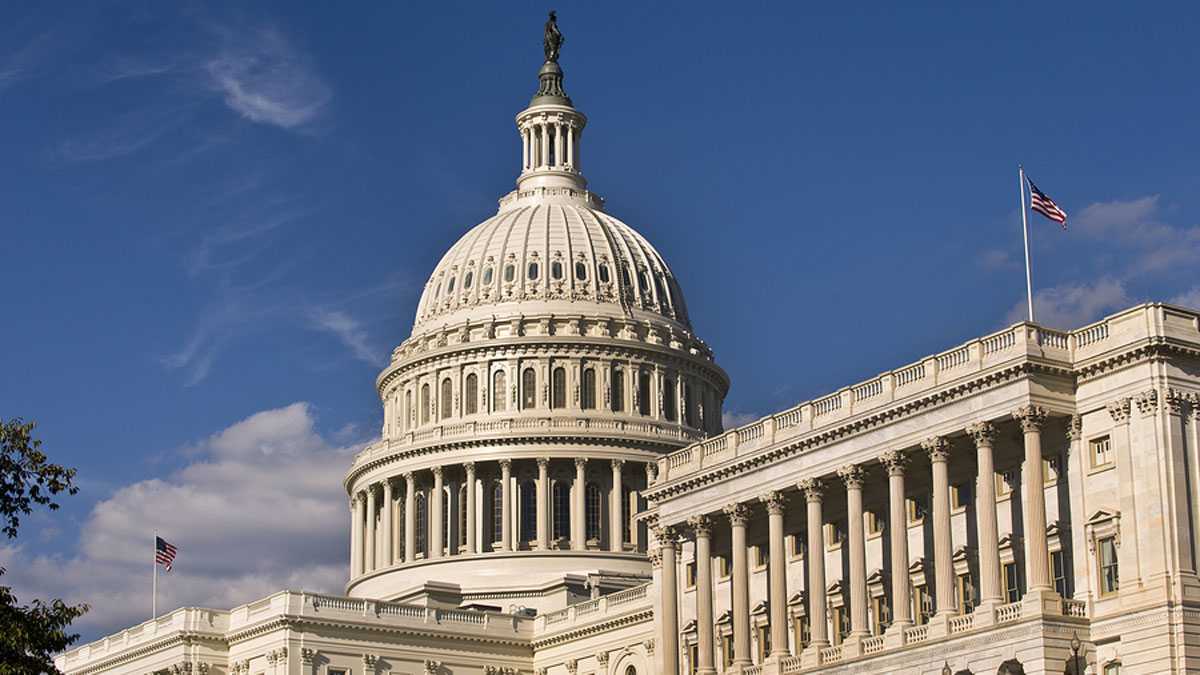Government, immigration top concerns of Gallup poll respondents
NewsWorks Tonight host Dave Heller sits down for his weekly conversation with Gallup's Frank Newport to talk about trends in U.S. opinion.
Listen 7:55
U.S. Capitol. (Big Stock file photo)
NewsWorks Tonight host Dave Heller sits down for his weekly conversation with Gallup’s Frank Newport to talk about trends in U.S. opinion.
Government remains one of the top problems, according to the latest poll results.
Among Republican respondents, immigration was mentioned slightly more than government as the top problem facing the U.S.
Democrats, on the other hand, called government the most pressing concern — followed by race and racism, then education.
Guns and gun control spiked as the top problems in March after the Florida shootings, those concerns have dropped to the point where just 3 percent of Americans mention it as the top problem. (The Santa Fe, Texas, school shooting that killed 10 occurred after the poll was taken.)
More that 60 percent of Republicans polled said they are satisfied with the way things are going in the country compared with just 14 percent of Democrats. This is a complete flip of the 2016 assessment when President Barack Obama was in office.
President Donald Trump’s job approval last week was up to 43 percent, the second highest level of his administration.
One of the things about the Trump administration that will go down in history is his unprecedented use of social media to communicate. It’s clear that the president’s use of Twitter serves him well as a mechanism to get his thoughts and messages out to a broad majority of the American public. Three-quarters of Americans report seeing, reading or hearing about his tweets.
But the president’s tweets don’t appear to follow a direct path to most through their Twitter feeds. Instead, the tweets are filtered, for the most part. The data and analysis show that news and social media gatekeepers propagate, rebroadcast and incorporate Trump’s tweets into news and social media streams and that’s how most hear about them.
Just 8 percent of Americans get Trump’s Twitter posts directly. The counterintuitive finding in the data is that fewer Republicans than Democrats report seeing, reading or hearing about Trump’s tweets. The tweets thus may be reinforcing the negativity of his detractors as much as reinforcing the positivity of his supporters.
Listen to the audio above to hear the full conversation.
WHYY is your source for fact-based, in-depth journalism and information. As a nonprofit organization, we rely on financial support from readers like you. Please give today.





